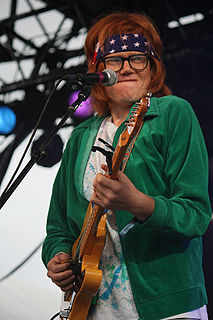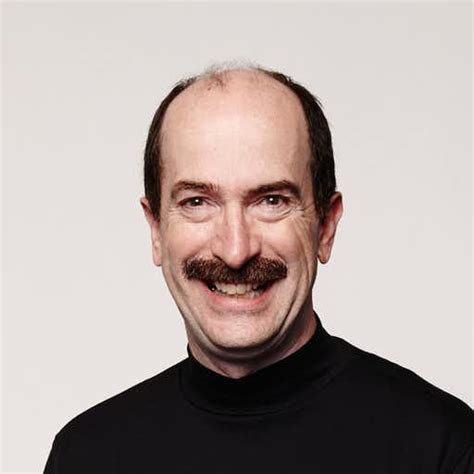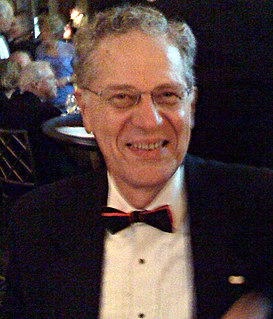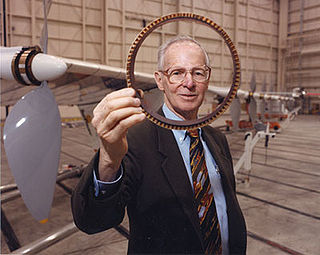A Quote by Daniel Goleman
Daydreaming incubates creative discovery.
Quote Topics
Related Quotes
So the history of discovery, particularly cosmic discovery, but discovery in general, scientific discovery, is one where at any given moment, there's a frontier. And there tends to be an urge for people, especially religious people, to assert that across that boundary, into the unknown, lies the handiwork of God. This shows up a lot.
I was a terrible student. Still, I managed to get into college, but my daydreaming threatened to sabotage me. I used behavior modification to break the cycle. I started by setting an arbitrary time limit on studying: for every 15 minutes of study, I'd allow myself an hour of daydreaming. I set the alarm.
Build pockets of stillness into your life. Meditate. Go for walks. Ride your bike going nowhere in particular. There is a creative purpose to daydreaming, even to boredom. The best ideas come to us when we stop actively trying to coax the muse into manifesting and let the fragments of experience float around our unconscious mind in order to click into new combinations. Without this essential stage of unconscious processing, the entire flow of the creative process is broken.
Discovery is new beginning. It is the origin of new rules that supplement, or even supplant, the old. Genius is creative. It is genius precisely because it disregards established routines, because it originates the novelties that will be the routines of the future. Were there rules for discovery, then discoveries would be mere conclusions.
I do what I feel impelled to do, as an artist would. Scientists function in the same way. I see all these as creative activities, as all part of the process of discovery. Perhaps that's one of the characteristics of what I call the evolvers, any subset of the population who keep things moving in a positive, creative, constructive way, revealing the truth and beauty that exists in life and in nature.
The only big ideas I've ever had came from daydreaming, but modern life keeps people from daydreaming. Every moment of the day your mind is being occupied, controlled by someone else - at school, at work, watching television. Getting away from all that is really important. You need to just kick back in a chair and let your mind daydream.



































